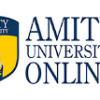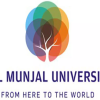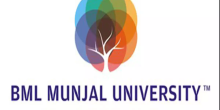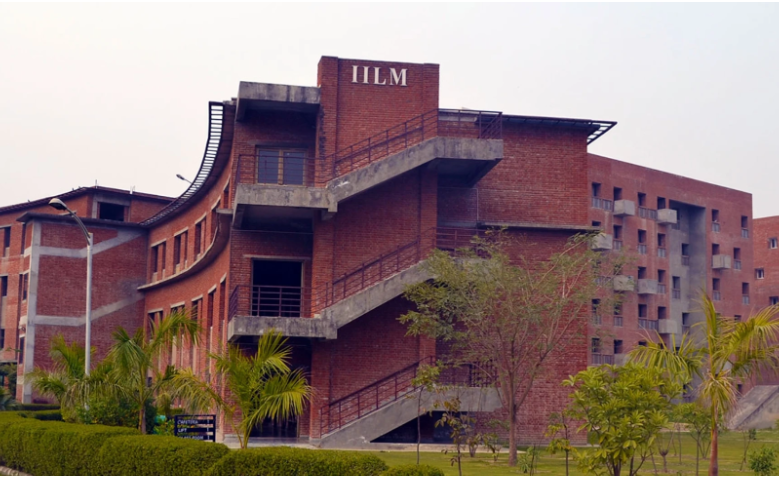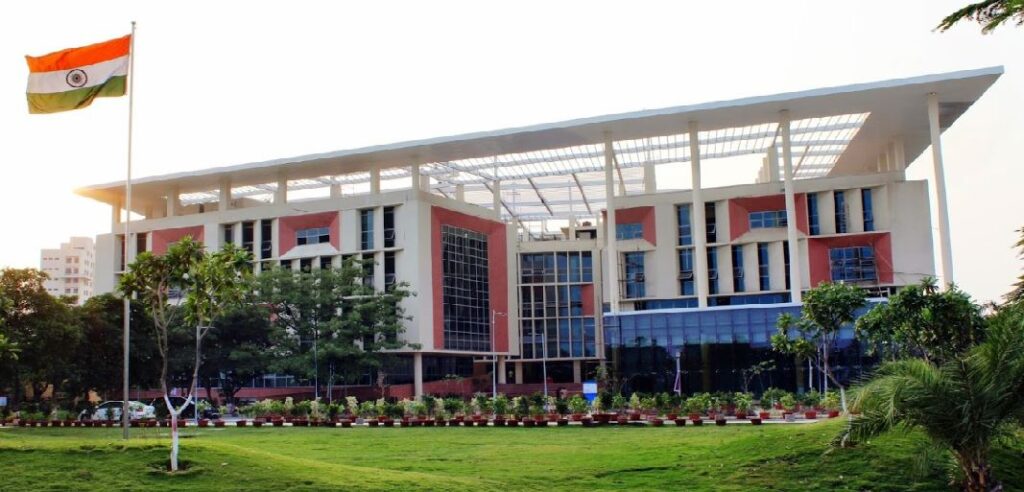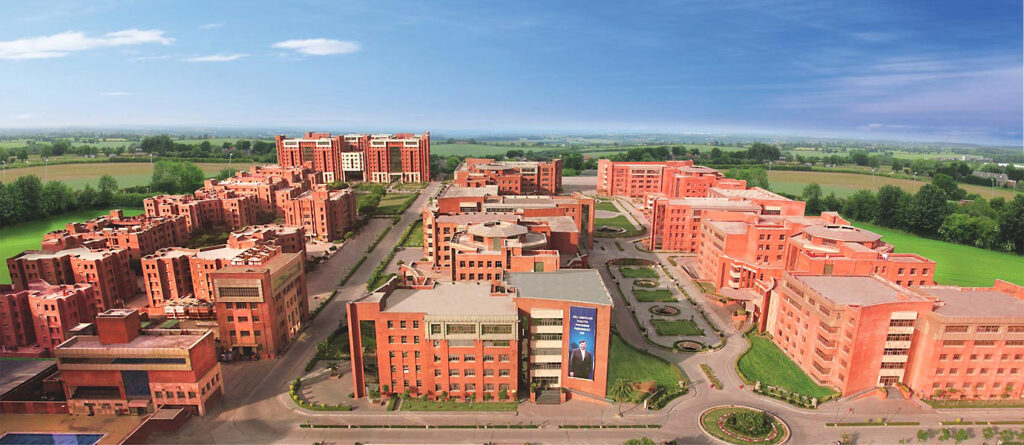PGDM in Rural Management: Career Scope & Colleges (2025)
Introduction India’s rural economy is the backbone of the nation, contributing significantly to GDP, employment, and socio-economic development. Recognizing the need for professional management in rural sectors, educational institutes have designed a specialized program — the Post Graduate Diploma in Management (PGDM) in Rural Management. This course is ideal for students passionate about creating an impact in agriculture, microfinance, social entrepreneurship, rural marketing, and development projects. In this guide, we’ll cover everything you need to know about PGDM in Rural Management — course structure, top colleges, career options, and expected salaries in 2025. What is PGDM in Rural Management? PGDM in Rural Management is a two-year postgraduate program that focuses on planning, managing, and executing business and development initiatives aimed at rural areas. The program blends: ● Rural economics ● Microfinance and banking ● Agricultural business management ● Social development projects ● Marketing in rural contexts ● Sustainable development practices It prepares future leaders to address rural challenges through modern management techniques while promoting inclusive growth. +91-9818607699 info@eduneteducare.com Key Features of the PGDM in Rural Management Aspect Details Course Post Graduate Program in Rural Management Duration 2 years Eligibility Graduation with minimum 50% aggregate + Entrance Exams (CAT, XAT, CMAT, IRMASAT) Program Type Full-Time Residential Internships Mandatory Summer Internship in rural settings Focus Areas Rural Marketing, Agribusiness, Microfinance, NGOs, CSR Accreditation AICTE, NBA approved institutions Top Colleges for PGDM in Rural Management (India) If you’re considering a PGDM in Rural Management, here are the top institutes to apply for in 2025: 1. Institute of Rural Management Anand (IRMA), Gujarat ● Flagship institute for Rural Management in India. ● Entrance via CAT and IRMASAT. ● Strong placement record with NGOs, cooperatives, and corporate CSR roles. 2. Xavier School of Rural Management (XSRM), Bhubaneswar ● Part of Xavier University. ● Offers PGDM-RM focusing on sustainable rural development. ● Corporate tie-ups with AMUL, PRADAN, Reliance Foundation. 3. KIIT School of Rural Management, Bhubaneswar ● Offers PGDM-RM with hands-on fieldwork experience. ● Corporate partnerships with rural banks and development agencies. 4. Amity Institute of NGO Management, Noida ● Specialized training for careers in non-profits and CSR. 5. Welingkar Institute of Management Development (WeSchool), Mumbai ● Offers PGDM Rural Management focusing on Innovation and Leadership. Core Subjects in PGDM Rural Management Students undergo rigorous academic and field training across subjects like: ● Rural Economy and Development● Microfinance and Financial Inclusion● Agricultural Input Marketing● Social Entrepreneurship● Cooperative Management● Rural Research Methods● Natural Resource Management● Rural Communication and Media● Development Economics● Public Policy and Governance In addition, fieldwork, village immersion programs, and internships are integral parts of the curriculum to provide ground-level exposure. +91-9818607699 info@eduneteducare.com Career Opportunities after PGDM in Rural Management Graduates of Rural Management are in high demand across sectors that focus on inclusive growth, agriculture-based industries, and rural development initiatives. Here’s where you can work: 1. NGOs and Non-Profit Organizations ● Roles in project management, social research, and fundraising. 2. Microfinance and Rural Banking ● Work in financial inclusion, credit analysis, and banking operations. 3. Agribusiness Companies ● Managing procurement, marketing, and logistics for agriculture-related businesses. 4. Corporate Social Responsibility (CSR) Divisions ● CSR roles in MNCs and Indian conglomerates focusing on rural upliftment. 5. Government and Development Agencies ● Work with NABARD, UNDP, World Bank projects, and ministries on rural development schemes. 6. Social Enterprises and Startups ● Involved in sustainable rural business innovations. Top Recruiters PGDM Rural Management graduates have exciting career paths with these leading organizations: ● AMUL● ITC Limited (Agri Business Division)● National Dairy Development Board (NDDB)● PRADAN● BASIX● Tata Trusts● ICICI Foundation● Reliance Foundation● HDFC Bank (Rural Banking)● Mahindra Agribusiness Many international NGOs like CARE India, Oxfam, and Save the Children also actively recruit rural management graduates. Salary After PGDM in Rural Management Experience Level Average Salary Range Freshers (0–2 Years) ₹5 LPA – ₹9 LPA Mid-Level (2–5 Years) ₹9 LPA – ₹15 LPA Senior Roles (5+ Years) ₹15 LPA – ₹25 LPA or more Note: Salaries may vary depending on the sector (corporate CSR jobs usually offer higher pay compared to NGO roles), individual skills, and the employer’s reputation. Why Choose PGDM in Rural Management in 2025? 1. High Growth Potential: The Indian rural economy is expanding with government push on agriculture, startups, and infrastructure development. 2. Social Impact + Corporate Career: You get to contribute meaningfully to society while pursuing a rewarding career. 3. Diverse Opportunities: Work with corporates, NGOs, startups, financial institutions, or international organizations. 4. Government Policy Support: Initiatives like “Digital India,” “Atmanirbhar Bharat,” “Startup India” heavily focus on rural upliftment. 5. Field Experience: Rural immersion programs make you job-ready with real-world experience. 6. Global Career Scope: Development agencies worldwide seek professionals with rural management skills, offering international career pathways. +91-9818607699 info@eduneteducare.com Challenges in Rural Management Career While the sector offers meaningful work, you should be prepared for: ● Working in remote locations. ● Understanding diverse local cultures. ● Dealing with infrastructural challenges. ● Navigating government procedures and rural dynamics. However, for those passionate about sustainable development and social entrepreneurship, these challenges are opportunities to make a real difference. Conclusion A PGDM in Rural Management is more than just a management degree—it’s a leadership journey towards transforming the grassroots economy of India and the world. Whether you aspire to work in corporate CSR, manage agribusiness, or make a difference in underprivileged communities, this program provides the perfect platform. In 2025, with rising focus on sustainability and inclusive growth, a career in Rural Management will not just be professionally rewarding but also socially impactful. If you have the passion to innovate, lead, and empower rural India, PGDM Rural Management could be your gateway to an exciting future! +91-9818607699 info@eduneteducare.com

